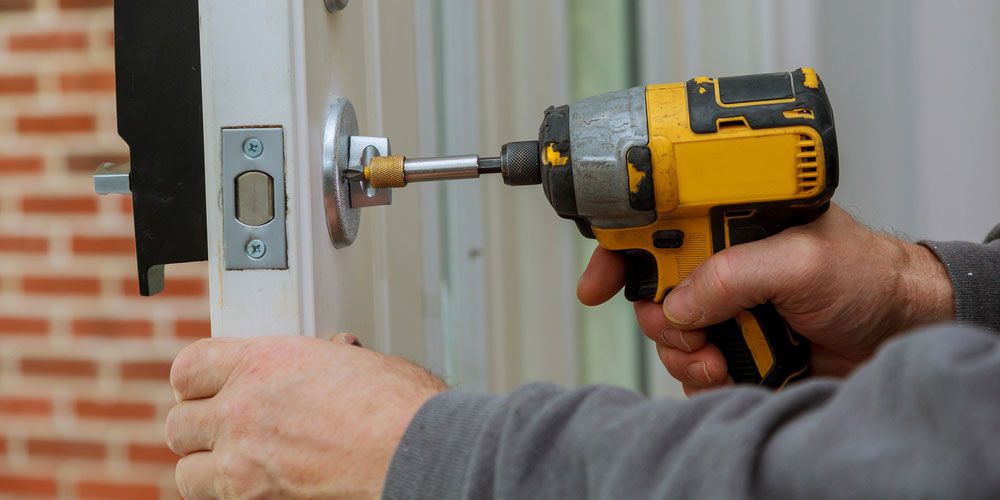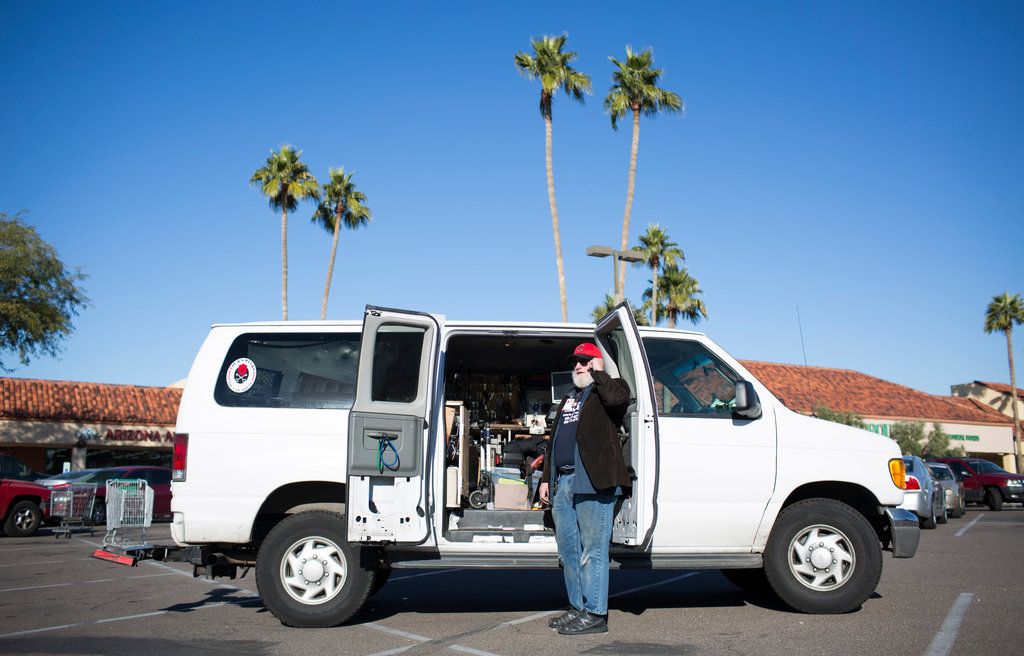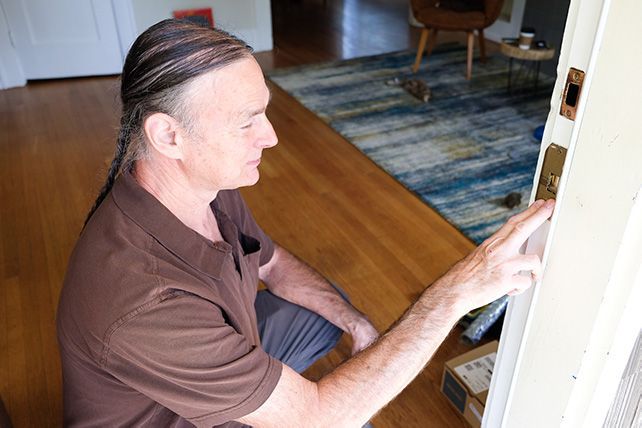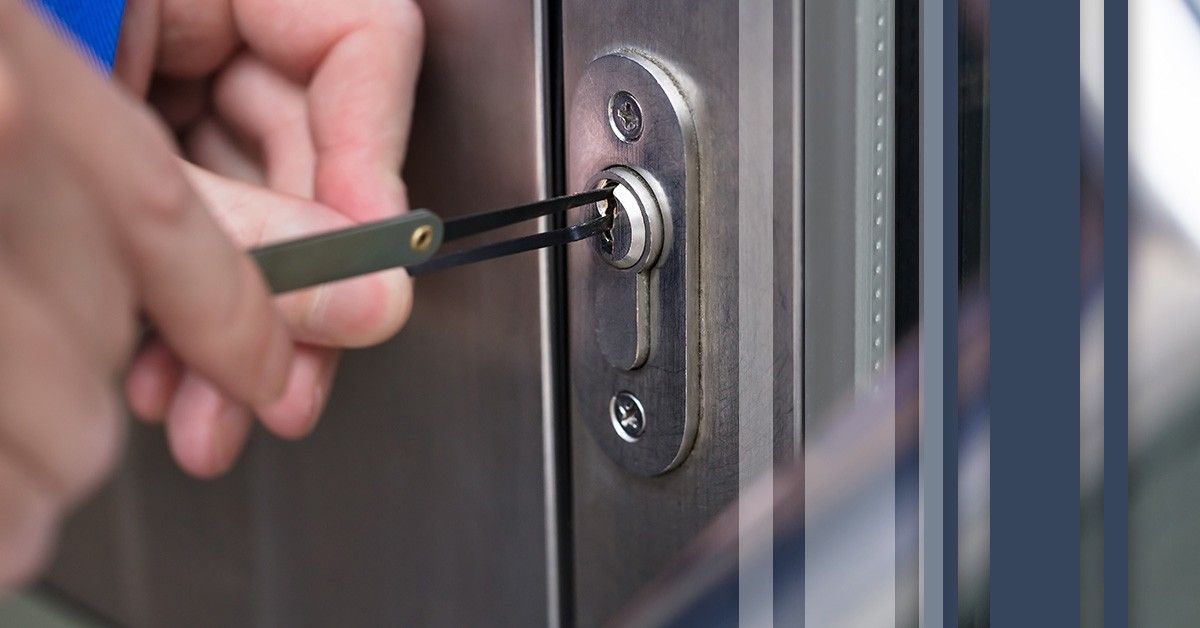Over the last few years, a silent scam has been brewing in our communities. A few news outlets, including the New York Times and local news stations, have covered the topic. Still, many consumers are unaware and so the scam continues.
It goes something like this. You lost your keys to your home or your car without someone to bail you out. You panic. You grab your phone and do an internet search for a locksmith. You call one of the first couple of companies listed in the search results, which appear to be local businesses.
Unfortunately, you're likely contacting a call center who will send out an untrained, illegitimate locksmith. You are told the price will “start at $19 dollars” or that the “technician will confirm the price once they are on site.” The scammer arrives in an unmarked vehicle and tells you they must drill out the lock as it cannot be picked. You are given a bill that is 3 to 10 times the quoted price. If you refuse to pay, they threaten to leave you with no lock at all.
“The scammers do poor work, over charge and the consumer often has no recourse,” says Gary Roberts, an attorney for the Associated Locksmiths of America.
Most search results are not vetted by Google or other search engines. The company listings and addresses may be fake businesses and even vacant lots. Don’t let this scam happen to you! Follow these tips to ensure you find a reputable locksmith.

Be Prepared
Like any emergency, it is best to be prepared before you need help. Research a locksmith BEFORE you need one and store the contact information in your phone. Unlike Google, Fresh Chalk locksmith pros are recommended by people in your community, so you know they are trustworthy!
Before You Call
- Look for a reputable business name. Use your common sense. A name such as “24 Hour Locksmith” or “AAA Locksmith” are probably not legitimate businesses. Look for local, neighborhood names you recognize or a family name.
- Check their website. Most scammers use 1-877, 1-800 or out-of-state prefixes. Their websites might look clean and professional, however many are simple templates with fake photos and testimonials.

When You Call
- Pay attention to how they answer the call. Do they answer the call with generic “locksmith services?” Ask them the name of their business and make sure it matches where you think you called.
- Ask for a flat rate or quote range. Legitimate locksmiths will be able to give you a specific range for the work to be done. Scammers will tell you the “work starts at X dollars.” “Flat rates are common” for most lockouts says Gabe of Gabe’s Lock and Key. It is also common for scammers to call back offering a lower rate if you don’t agree to hire them initially.
- Ask if they will have to drill the lock. “It is extremely rare that a lock will have to be drilled”, says Gabe. Even high security locks have work arounds. If necessary, you can send a photo of your lock to the locksmith to confirm the type of lock. “A locksmith will know immediately by looking at the photo of the lock what they will need to do to get in without damaging it.” Be very wary of anyone indicating they may have to drill your lock. Drilling your lock means you have to have a new lock installed and it won’t match your other locks. “At the end of it, when the locksmith walks away, your key should still work. That is the ultimate test. If he says no, walk away from him.”
When They Arrive
- Ensure they are in a clearly marked business vehicle. Most scammers work out of their personal cars.
- Ask for identification. Ensure the name on their card matches the company name you called and the name on the work vehicle. If you are in one of the 15 states that licenses locksmiths, ensure there is a business license number. You can check here for a list of states that license locksmiths. Unfortunately, Washington isn’t one of them.
- Ask to see an invoice form before they start. Scammers often use blank forms or forms of other companies. Again, check the company on the invoice matches the company you called.

Support Your Local Locksmith
There are reputable, skilled locksmiths in our community. Unfortunately, the scammers have damaged the industry reputation. Heath Gallon, owner of Austin Mobile Locksmith, fields calls from angry victims who have an invoice with his business name. The scammers use his business name to appear legitimate. In addition, he often gets the cold shoulder from strangers when they find out he is a locksmith. “It is extremely frustrating.”
“If it is too good to be true, it probably is” says Heath. “No legitimate locksmith is going to be able to unlock your car or your home for $19.95.”
Be prepared. Find (and store) a recommendation for a locksmith from Fresh Chalk!
